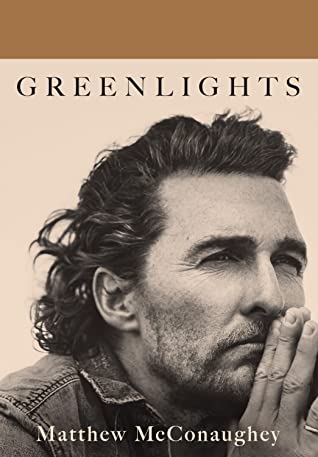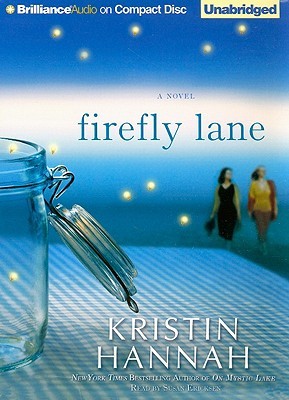Beware a calm surface–you never know what lies beneath.
A single mother turns up dead at the bottom of the river that runs through town. Earlier in the summer, a vulnerable teenage girl met the same fate. They are not the first women lost to these dark waters, but their deaths disturb the river and its history, dredging up secrets long submerged.
I’m pleased I waited longer to read this one, that I waited from the time I purchased it (immediately once it was released in 2017) and for the hype to have died down before diving in. And because I waited, it meant I discovered reviews saying Into the Water was not the psychological thriller found in Hawkins’ The Girl on the Train, but likened more to an Agatha Christie novel. That right there helped me tremendously and actually made me more keen to read it because of that comparison. I already read The Girl on the Train (loved it) so I can’t say I was looking for an identical book from Hawkins. Wouldn’t that have been more disappointing? Yet, I suppose if people were looking for that psychological, twisty thrill ride she expertly wrote with TGOTT, there could be disappointment in finding a type of murder mystery instead? I also read many reviews from disappointed readers complaining about the many characters involved in Into the Water. While I was reading, I couldn’t help but think of Murder on the Orient Express as a great Christie comparison, since it too has a multitude of characters, a baker’s dozen of suspects. For me, I felt she handled this aspect well, and here was where the Christie comparisons were the strongest for me. In Murder on the Orient Express there were 13 characters all with motive for murder, just as the many characters in Into the Water had for wanting Nel dead as well.
Besides the comparisons to Agatha Christie, Into the Water also reminded me of Celeste Ng’s Everything I Never Told You. With its slow unravelling of the mystery, the exposing of family secrets, the death of a young girl, there was a lot to remind me of Everything I Never Told You. And still another comparison came to mind when reading, and that was Margaret Atwood’s The Blind Assassin, because of its book within a book moments. The Drowning Pool was the project Nel Abbott was working on when she was killed (? drowned? jumped?). “I would try to make sense of all the Beckford stories, that I would write down all the last moments, as I imagined them, in the lives of the women who went to the Beckford Drowning Pool.”
The Drowning Pool was not a suicide spot, but a place to get rid of troublesome women.
We were treated to chapters where the stories of the women that previously lost their lives in the Drowning Pool were told. This book within a book is what brought about The Blind Assassin comparisons for me, even though the Drowning Pool stories were not nearly as lengthy as was within Atwood’s novel.
Originally I ended up listening to the audiobook because it had a cast of 5 narrators. The multi-cast narration was indeed a treat, with only one of the voices irking me a touch: Imogen Church, she was narrating the part of Erin Morgan, the detective. She gave a distracting and silly voice to the Beckford officer Sean Townsend that was completely different to the one the person narrating for Sean Townsend had. Perhaps it was the different narrators that helped to keep everyone sorted? While I later switched to my hardcover copy to finish, their “voices” remained in my head and I didn’t have trouble sorting each person out. (I’ll discuss that reason for switching to the hardcopy later on.)
It’s like, when someone has an affair, why does the wife always hate the other woman? Why doesn’t she hate her husband? He’s the one who’s betrayed her, he’s the one who swore to love her and keep her and whatever forever and ever. Why isn’t he the one who gets shoved off a fucking cliff? (Lena)
I sat by the river and I felt as I’d been feeling for a while: that all this, Nel’s story and Lauren’s and Katie’s, too, it was all incomplete, unfinished. I never really saw all there was to see. (Erin)
I really enjoyed the writing, the descriptiveness was lovely, atmospheric and full of water analogies:
Louise’s grief was like a river: constant and ever-changing. It rippled, flooded, ebbed and flowed, some days cold and dark and deep, some days swift and blinding. Her grief was liquid, too; it seeped through cracks when she tried to dam it out. She had good days and bad.
My (few) complaints about it would be that I felt it became too long and drawn out for the story as a whole, so I switched to the hardcover in order to finish faster. I also found the ending to be fairly weak, because, while the book seemed to be too long, the ending felt too rushed and tidied up too quickly, if that makes any sense? Overall however, I really did enjoy Into the Water and I’m glad I finally got around to reading it! (What’s going to be next on my long list of books to read from my own shelf??!) The books I’ve mentioned above I compared Into the Water to were all ones I enjoyed very much, so it makes sense my opinion of it would run on the favourable side.
Have you read Into the Water? Have you read The Girl on the Train? I can say I’m definitely looking forward to seeing what Paula Hawkins has in store for us if she’s planning on a new book. (There’s no news of this that I can track down though, so it’s unknown at the moment if there will be a new book to read anytime soon?)





Leave A Reply